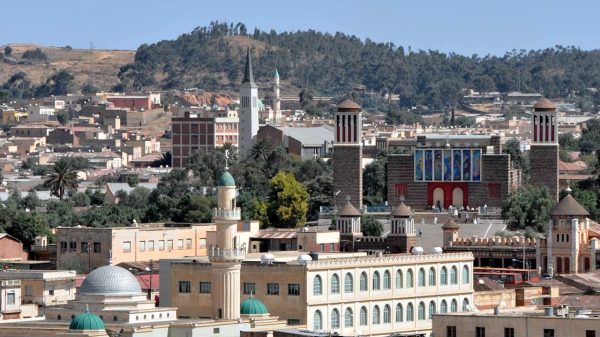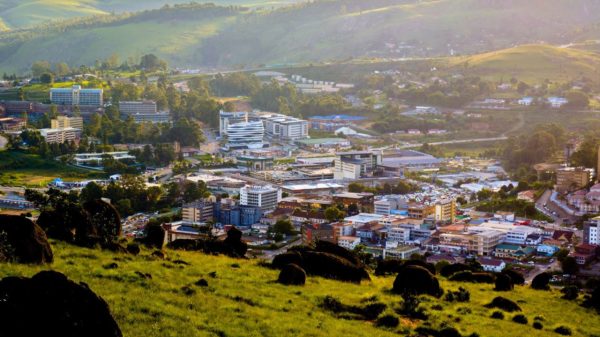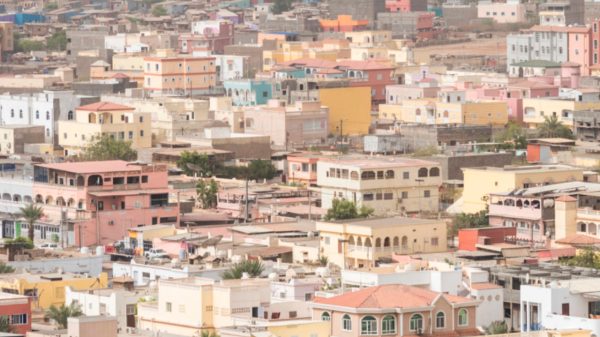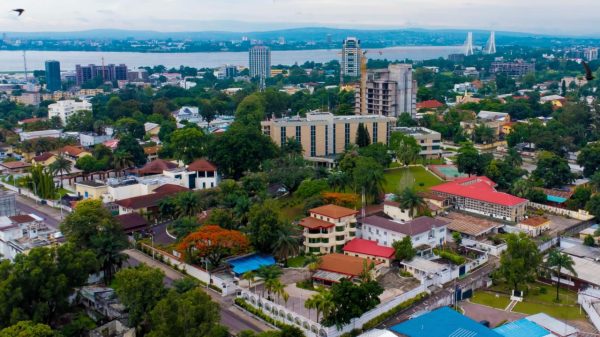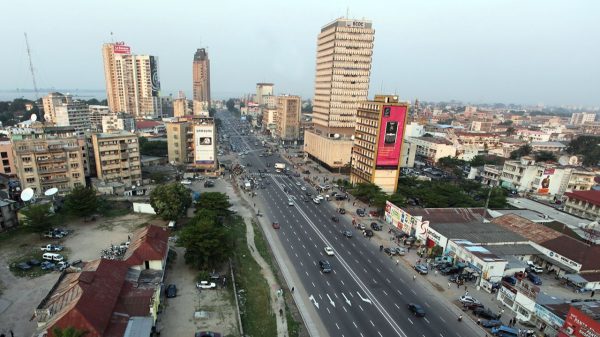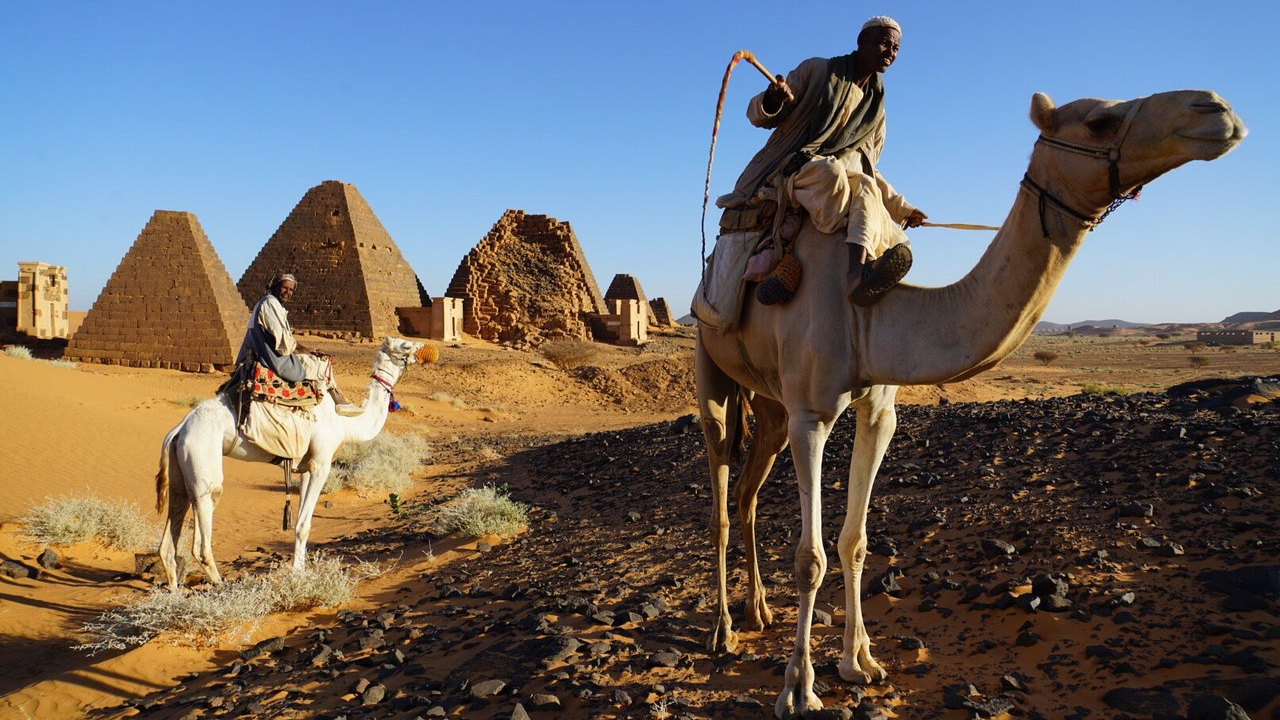Sudan, a land of ancient civilizations and diverse landscapes, holds a wealth of fascinating facts.
From its historical significance as the home of the Kingdom of Kush, boasting more pyramids than Egypt, to its geographical importance with the Nile River’s crucial flow, Sudan presents a captivating study. Beyond these iconic features, the country’s rich cultural tapestry, woven from numerous ethnic groups and languages, and its complex history, marked by both ancient kingdoms and modern political shifts, add layers of intrigue. Though currently facing difficult times, it’s past and inherent characteristics make it a very interesting country.
1. More Pyramids Than Egypt
When people think of pyramids, they usually imagine Egypt, but Sudan actually has more pyramids than its northern neighbor. The country is home to over 200 pyramids, mainly located in the ancient region of Nubia, particularly in Meroë, Nuri, and El-Kurru. These pyramids were built by the Kingdom of Kush, a powerful civilization that ruled in the region from around 1070 BCE to 350 CE. The Meroitic pyramids are smaller and steeper than those in Egypt, but they are equally fascinating. These structures served as royal tombs for the rulers of the Kushite Kingdom, and many are still being studied today for their historical significance.
2. The Nile River
Sudan is one of the key countries through which the Nile River flows. The Nile is actually composed of two major tributaries: the White Nile and the Blue Nile. These two rivers meet in the capital city, Khartoum, forming what is known as the “Confluence of the Nile.” This merging is a crucial geographical and historical feature, as the river has provided water, transportation, and fertile land for agriculture for thousands of years. The Nile played a central role in the ancient Nubian and Egyptian civilizations, and it continues to be vital to Sudanese society today.
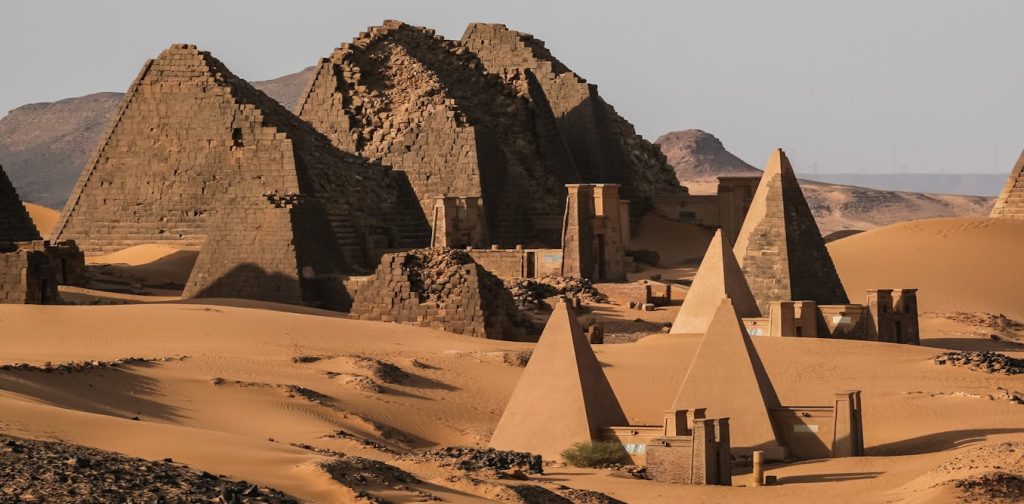
3. It Was Once the Largest Country in Africa
Before South Sudan gained independence in 2011, Sudan was the largest country in Africa by land area, covering approximately 2.5 million square kilometers (almost 1 million square miles). It stretched from the Red Sea in the east to the vast Sahara Desert in the west, and from Egypt in the north down to Central Africa. The separation of South Sudan, which became an independent nation after a long civil war, significantly reduced Sudan’s size, making Algeria the largest country in Africa today. Despite this, it remains one of the continent’s largest nations, rich in cultural and geographical diversity.
4. One of the Cradles of Civilization
The region that is now Sudan has been inhabited for thousands of years and was home to some of the world’s earliest civilizations. The Kingdom of Kush, which ruled over large parts of present-day Sudan and Egypt, was one of the most powerful African empires of the ancient world. Kushite rulers even conquered and ruled Egypt as the 25th Dynasty, known as the “Black Pharaohs.” Archaeological evidence shows that Sudan was a center of trade, culture, and political power, with advanced societies thriving along the banks of the Nile. The country remains rich in archaeological sites that continue to reveal its ancient past.
5. Sudan is a Linguistically Diverse Country
Sudan is home to over 70 different languages and more than 500 ethnic groups, making it one of the most culturally diverse nations in Africa. While Arabic is the official language and is widely spoken, many Sudanese people speak indigenous languages such as Nubian, Beja, Fur, and Nuba. English is also used, particularly in business and education. The linguistic diversity reflects the country’s rich and complex history, as various civilizations, traders, and colonial powers have influenced Sudanese society over the centuries. This diversity also brings challenges, as language barriers sometimes contribute to political and social tensions.
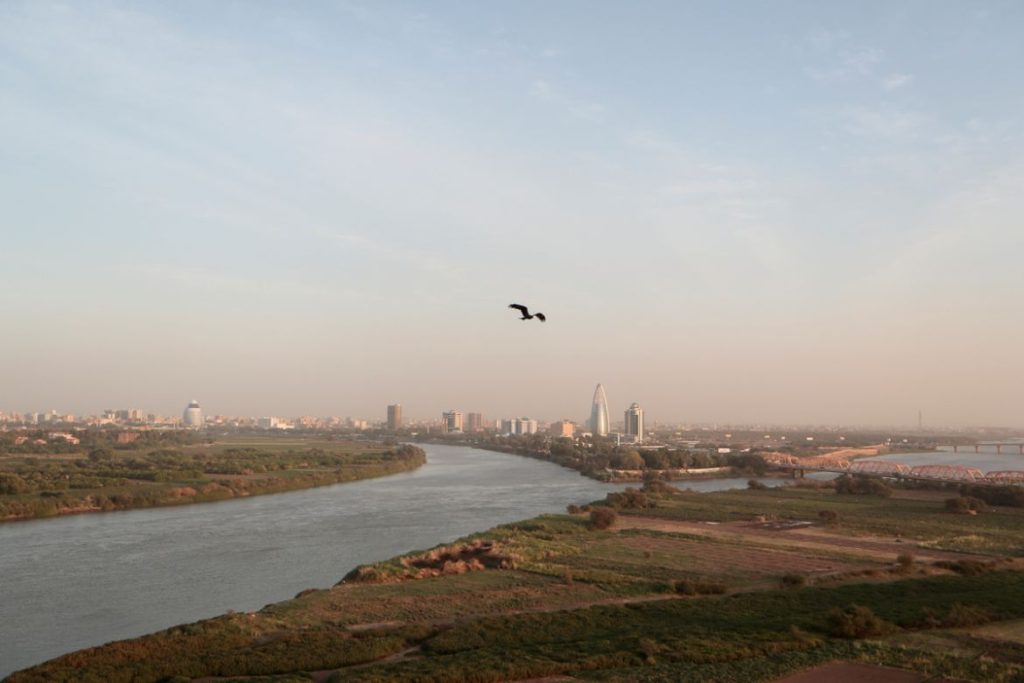
6. Rich in Natural Resources
Sudan is endowed with a wealth of natural resources, including gold, oil, and vast agricultural lands. The country was once a major oil producer, but after the secession of South Sudan, it lost most of its oil fields. However, gold mining has become an important industry, ranking among Africa’s top gold producers. The Nile River and fertile lands also support agriculture, which is a significant part of the economy. Sudan produces crops such as sorghum, wheat, and cotton, and it has the potential for further agricultural development. Unfortunately, political instability and economic challenges have hindered the full utilization of these resources.
7. The Darfur Conflict and Ongoing Political Struggles
Sudan has faced significant political and humanitarian challenges, including the devastating conflict in Darfur. Beginning in 2003, the Darfur conflict involved government forces, rebel groups, and militias, leading to a humanitarian crisis that resulted in hundreds of thousands of deaths and millions of displaced people. The situation attracted international attention, with the International Criminal Court (ICC) issuing an arrest warrant for former Sudanese President Omar al-Bashir for war crimes and genocide. The country has also experienced multiple coups and political transitions, with recent protests demanding democratic governance. The country remains in a state of political flux, with hopes for a more peaceful future.
Subscribe to our Newsletter
Stay updated with the latest trends in African Pop Culture!











